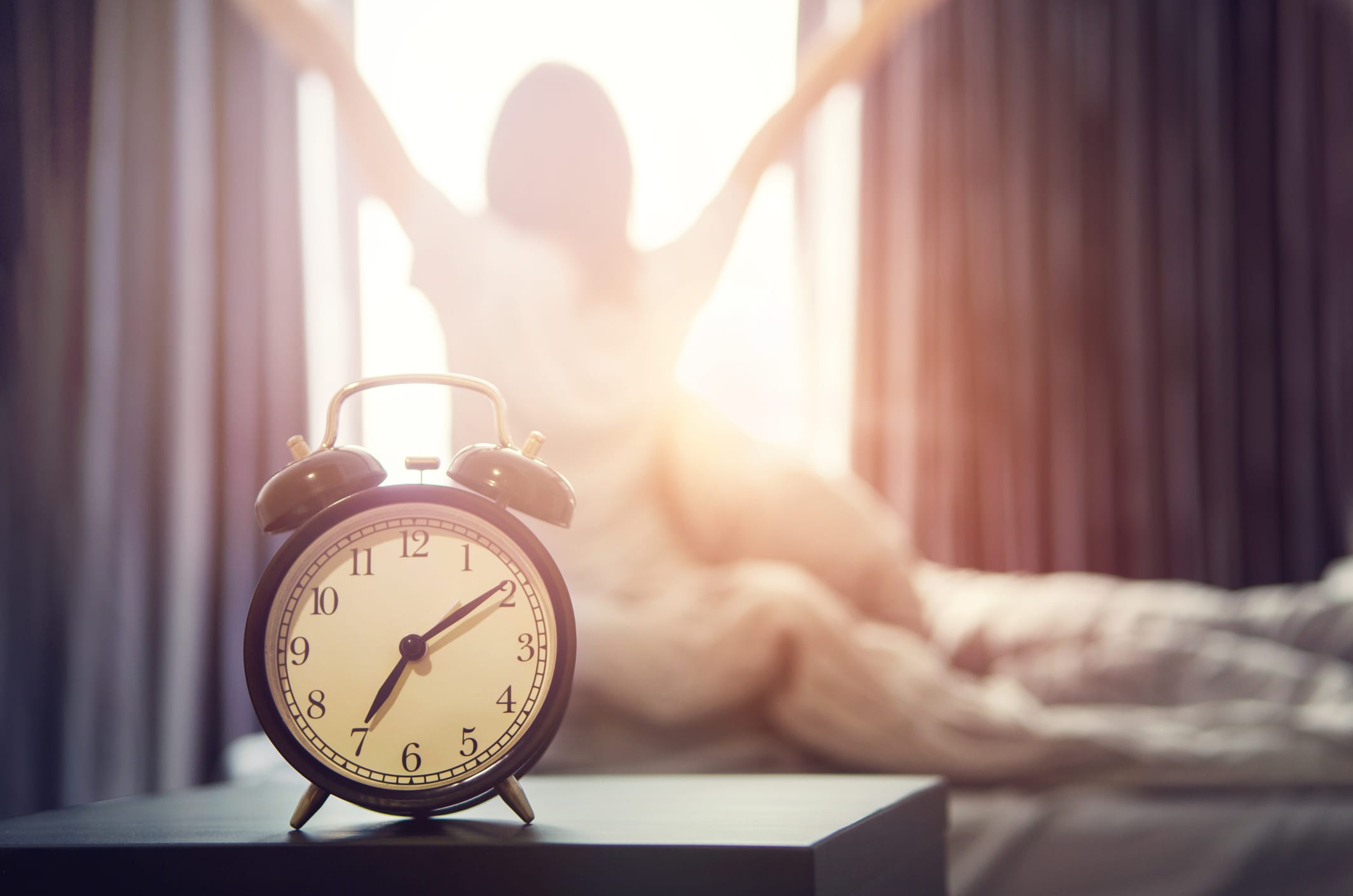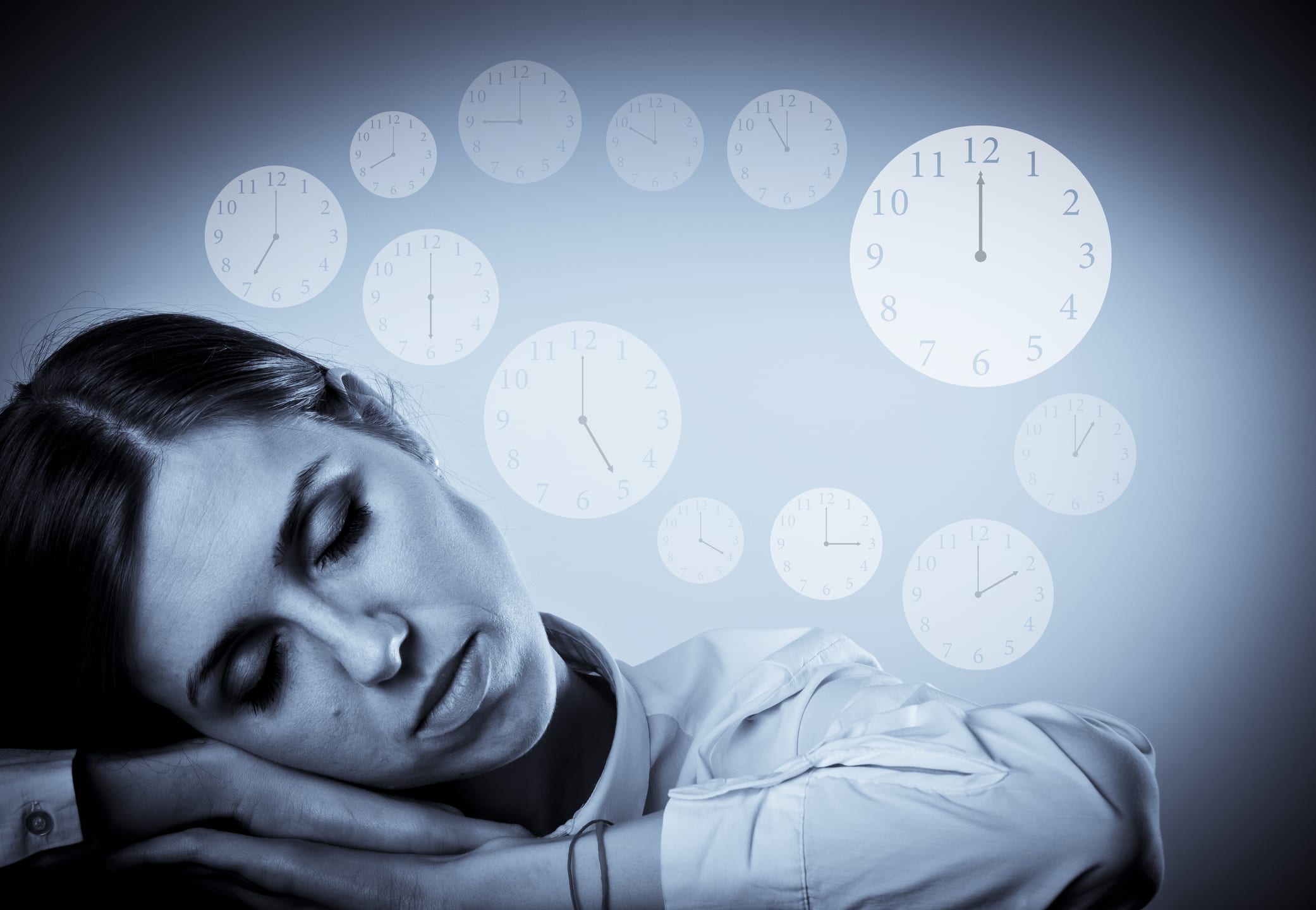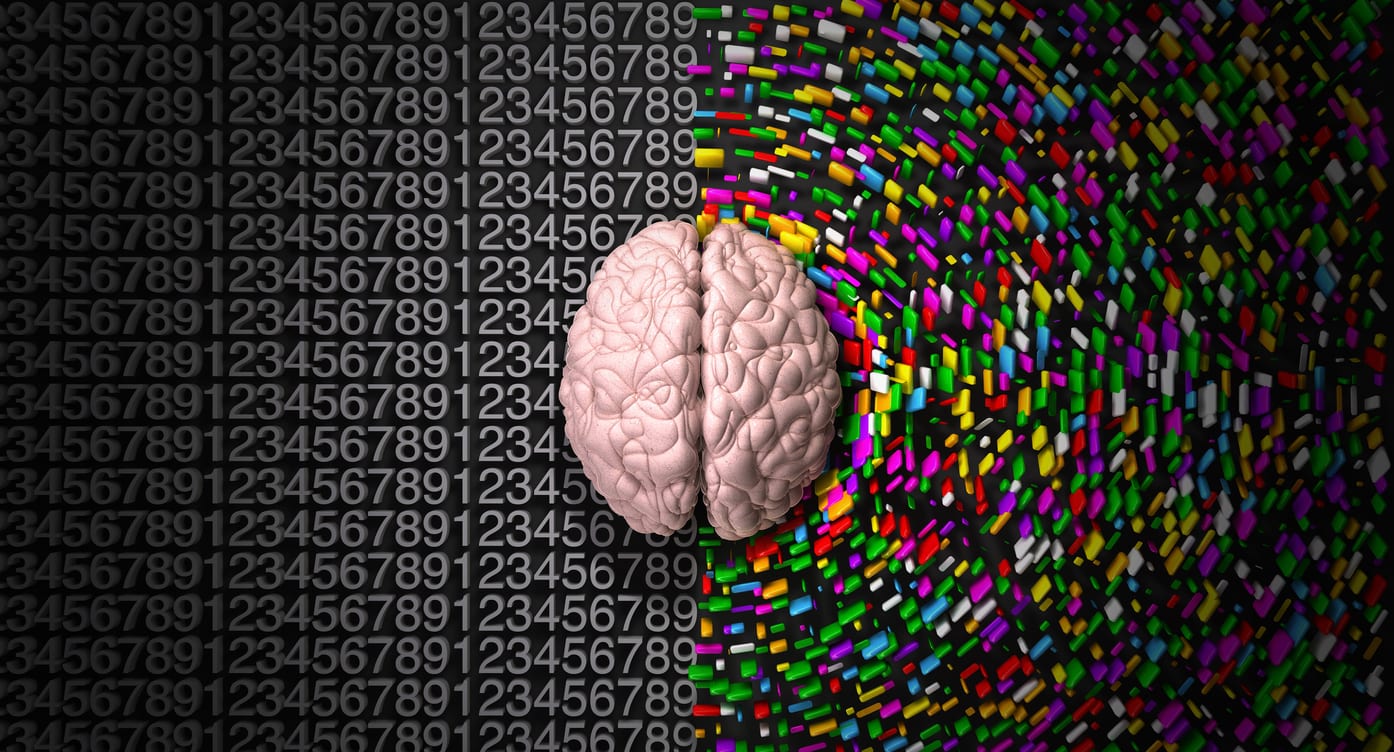Trending Now
At some point, all of us folks who claim to be adulting at some level have tried to become ‘morning people’, setting that alarm a few minutes earlier, or going to the gym before work. What we often find out is that we just aren’t cut out for that crap. Well, that is strictly due to the fact that whether or not you a morning person is simply not up to you.

Photo Credit: iStock
A 2016 study determined that your preference for mornings or evenings is a result of your biology. Circadian rhythms, basically our internal clocks, are the main factor when it comes to being a morning person, an evening person, or somewhere in between. In a separate study in 2012, scientists also found that your preference toward evening, morning, or other is determined by a single nucleotide near a gene called “Period 1”.

Photo Credit: iStock
In order to simplify the language, morning people are referred to as ‘Larks’ and nighttime people are ‘Owls’. The likelihood of being a lark, owl, or something in between is pretty even. Roughly 25% of folks are Larks, 25% are Owls, and 50% are somewhere in between.
Research also shows that the Larks versus Owls battle also shows some correlation with classic left-brain versus right-brain division. Larks are more analytical and cooperative, self-directed, and persistent. It’s found they often set higher goals for themselves, plan for the future more, and have a better sense of well-being. And, compared to their night owl counterparts, they’re less likely to be depressed, drink, or smoke.

Photo Credit: iStock
If that sounds like morning people have some kind of theoretical leg up, you’d be mistaken. Though Larks tend achieve more academically, Owls perform better on when it comes to memory, processing speed, and general brain function, even when doing those tasks in the morning. Night owls also are usually more open to new experiences and will regularly seek them out. They also tend to be more creative. And one last thing…Owls, generally, are just as healthy and intelligent as Larks AND tend to be wealthier as well.

Photo Credit: Flickr
Moral of the story, people are better off when left to the sleep cycle determined by their circadian clock. Are we capable of retraining our natural patterns? Sure…but it’s a serious bitch to do, the effects aren’t even necessarily long-term, AND it doesn’t really lead to a better sense of well-being. Operating outside of your natural pattern can have negative health consequences, as the body thinks it’s still asleep. It can also make you more irritable. The good thing for Owls, though, is that because they are often functioning (it’s much more likely that Owls are forced to rise early than Larks are forced to stay up late) when their bodies don’t want to, they’ve learned to be more innovative and how to effectively cut corners when needed. This could help to encourage their more creative nature and strong cognitive skills.
Neat-o!
If you liked that article, check out:
https://didyouknowfacts.com/8-things-may-no-idea-sleep/
https://didyouknowfacts.com/heres-interesting-person-conversation/






